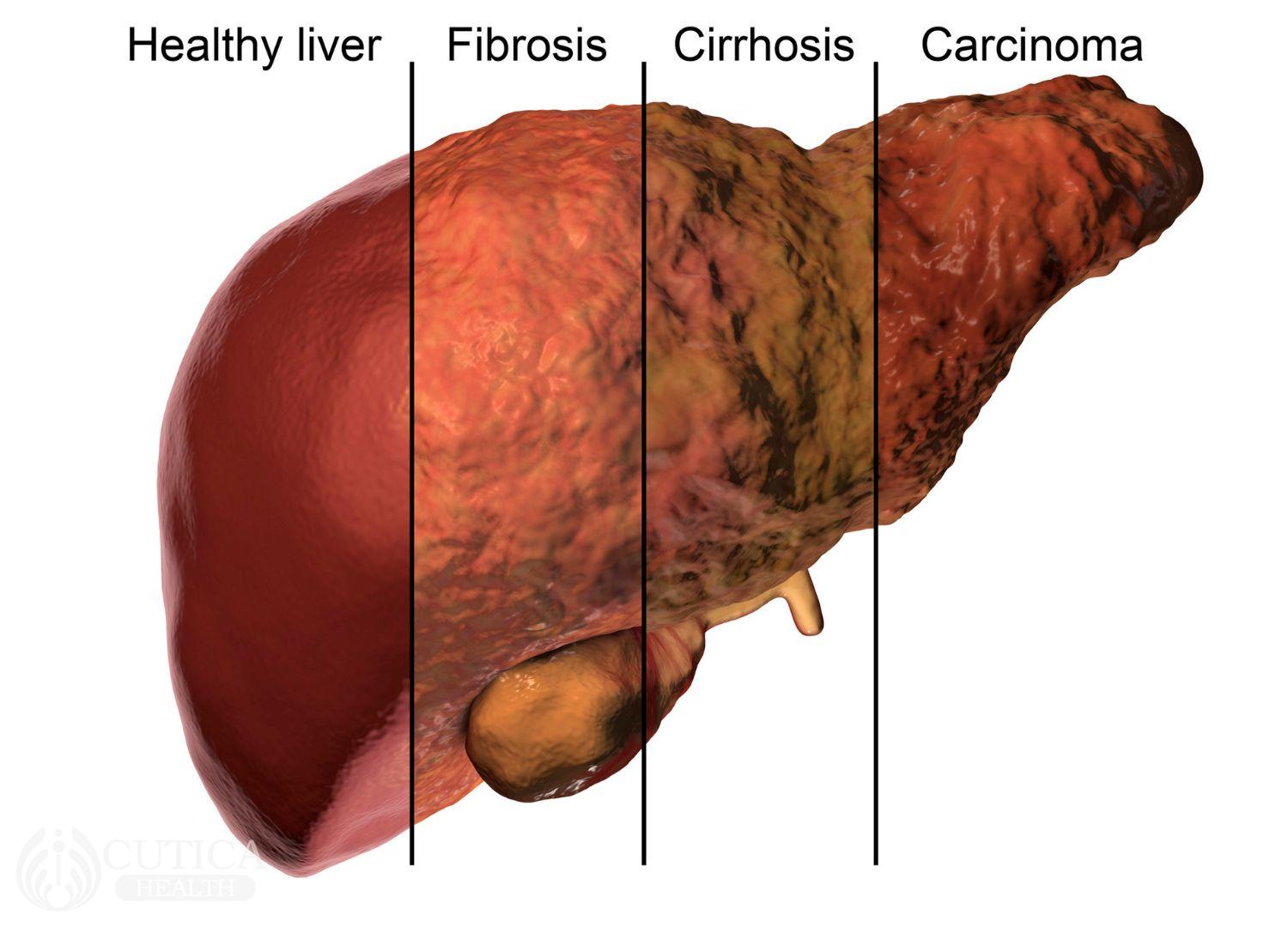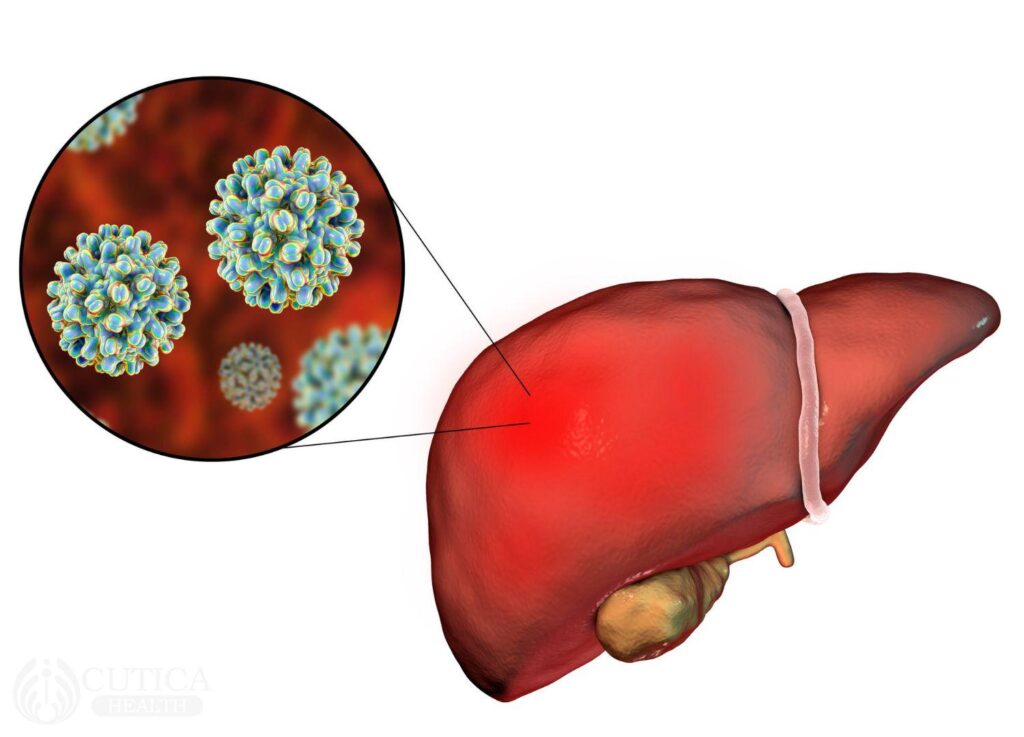Some hepatitis vaccines were to be administered to medical students at a subsidized rate, but first, they had to be tested. This was how Clara found out she had hepatitis B. Mind you; she had never experienced any symptoms of the infection.
Explaining Hepatitis B
Hepatitis is simply the inflammation of the liver which results from viral infections, alcohol consumption or certain medications. Hepatitis is commonly caused by a viral infection. We have five different types of hepatitis viruses and they are lettered A to E.
Hepatitis B is caused by the hepatitis B virus (HBV). This viral infection, which attacks the liver, could cause acute or chronic disease. Acute means that the symptomslast for a short duration while chronic means that the disease persists for several years.
Hepatitis B is potentially life-threatening and is a major global health problem. It is termed a ‘silent killer’ as some infected individuals don’t have any symptoms until the liver has been greatly damaged.

Transmission of Hepatitis B virus
- Sexual intercourse: Having unprotected sex with an infected individual is a major route through which the virus is passed from individual to individual. The virus is mainly present in blood and to a lesser extent, in saliva, vaginal secretions and semen.
- Childbirth: This is one of the most frequent ways to get the virus. Pregnant women who are infected with HBV could pass it to their babies during birth.
- Sharing of needles and personal items such as toothbrushes, nail clippers, hair clippers, razors, etc. that have some amounts of infected blood on them.
- Health workers have a greater risk of getting hepatitis B as they’re commonly exposed to blood.
Symptoms
- Jaundice: Yellowing of the skin and the whites of the eyes of an infected individual
- Fever
- Fatigue
- Joint pain
- Loss of appetite
- Nausea and vomiting
- Abdominal pain
- Headache
- Dark urine
- Visible blood vessels on the skin of the abdomen

Prevention
Hepatitis B infection can be prevented by curbing the modes of its transmission, and that includes practicing safe sex and getting vaccinated against the virus. WHO (World Health Organization) recommends that all infants receive the hepatitis B vaccine, starting as soon as possible after birth, preferably within 24 hours.

Treatment of Hepatitis B
Hepatitis B presently has no known cure though the symptoms go away on their own in some individuals while others need medications to manage theirs. Receiving a vaccine would prevent one from having an infection in the first place.
The treatment of hepatitis B depends on the severity of the disease. If it is acute, the disease clears up on its own within weeks or months, even without treatment.For individuals with chronic infections, or people with immunosuppressive diseases like HIV, the infection could progress long-term to causing serious life-threatening complications. The drugs tenofovir or entecavir are used to treat chronic hepatitis B.
Complications of Hepatitis B

If left untreated, hepatitis B could cause:
- Liver cancer: This is more likely when the person is co-infected with the hepatitis D virus.
- Liver failure
- Liver cirrhosis: Scarring of the liver. This is also more likely when the individual is co-infected with the hepatitis D virus.
- Death









